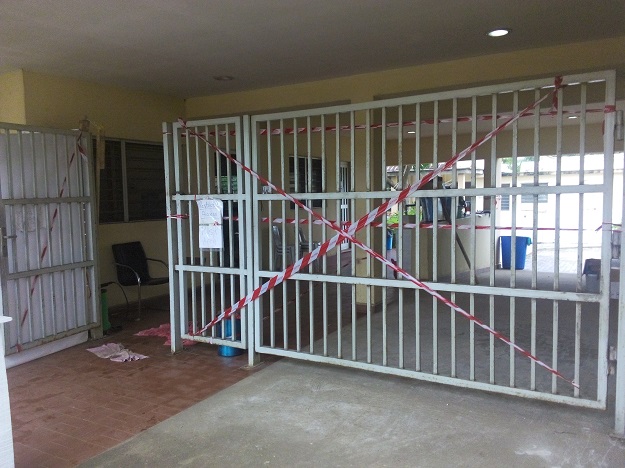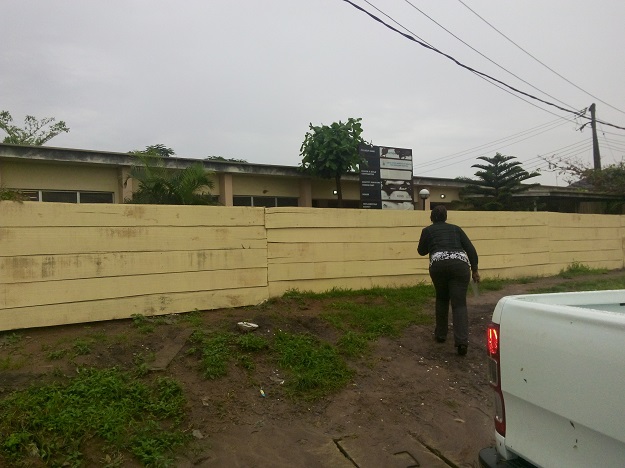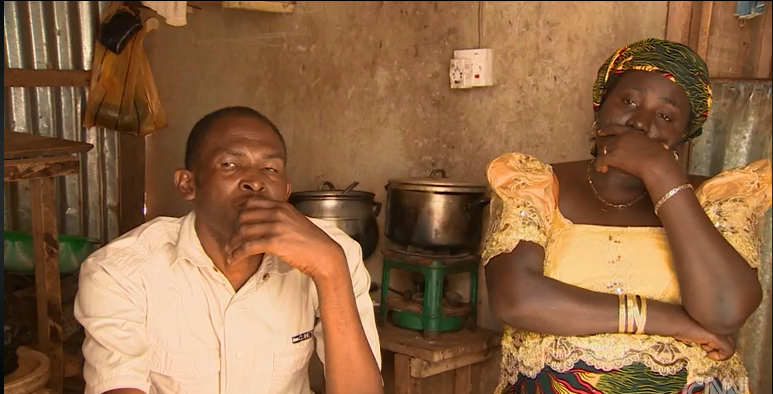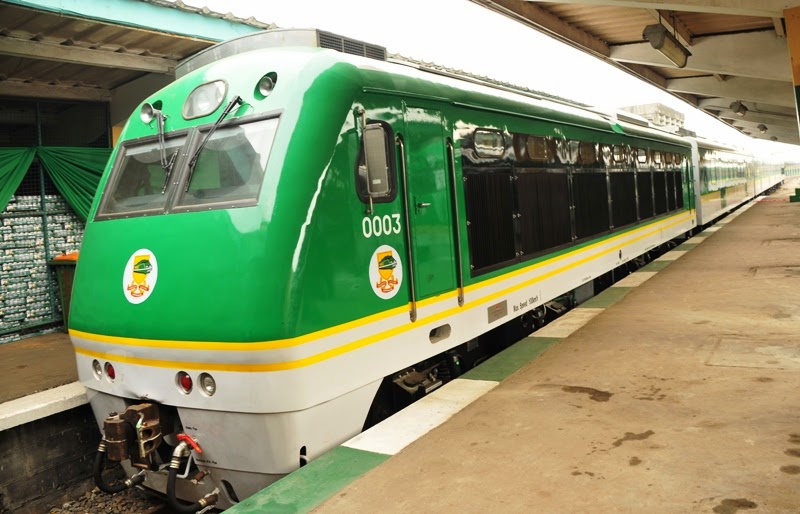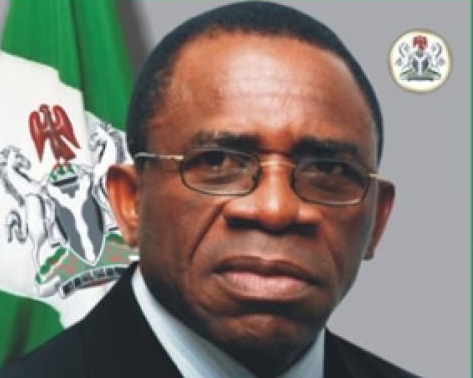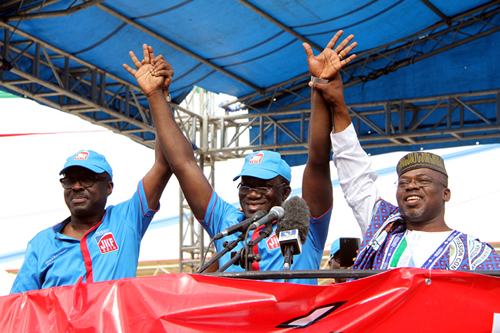By the meeting of December 1, 2014, the situation had so worsened that port health workers had no money to resume at their duty posts.
“The major challenge facing the port health service officers in the daily screening of the crew is LACK OF MEANS OF TRANSPORTATION to the terminals,” it was revealed.
“The officers need to be motivated as they claimed no stipend had been paid since the onset of the screening.”
Advertisement
At another meeting on December 11, “absence of means of transportation” and “non-payment of staff allowances” were identified as the challenges to preventive work going on in Apapa, Lagos.
Seven days later, it was revealed lack of funds to fuel vehicles was stalling intended awareness campaigns.
“The team was unable to go for the scheduled distribution of UNFPA-printed Ebola Virus Disease Guideline and SOB booklets and posters due to unavailability of fuel for the vehicles,” someone reported.
Advertisement
“Lagos State School of Nursing, Midwifery and Public Health UNFPA-printed Ebola Virus Disease Guideline and SOP booklets and posters are still at the EEOC due to unavailability of fuel for the vehicles. We are requesting for fuel for the vehicle tomorrow to enable us complete the task.”
Someone asked why there was no fuel for EOC activities and the reply from someone in Logistics was: “There is no funding because we have exhausted the Total Oil funding.”
The effect of the cash crunch was summed up at a meeting on December 15, where someone said: “Motivation for staff teams and supervisors lacking”.
On November 21, Khaliru Alhassan, the minister for health, paid a surprise visit to the centre and at some point, the workers raised questions on their economic plight.
Advertisement
His answer was that the list of workers needed to be first streamlined.
“If the source of payment for remuneration or allowances is coming from the Lagos state government or the federal government, what is very important will be projection, as in budgeting. You see, we need to know how many people in all are needed and how many we have. That is why I said the system needs to be streamlined and regularized.
“If the permanent secretary doesn’t know how many drivers we have here, it is lie when you bring in bill and say we’ve paid this and that. When you pay the salary of the driver and it is similar with his, they will say who approved this?
“We want to avoid it. What I want to do is, if I have the list, we shall do projection, we shall do budget. How much do we need to sustain this for the next one, two years? Do the costing. How much are we paying them daily, monthly and so forth? Do the total costing; we can subject that to the federal government, oil companies, the partners. We want to sustain the EOC operations in Lagos; we have this cost, what can you do for us? And before you say Jack Robinson, we are not going to talk to anyone in the ministry anymore; we will have enough.”
Advertisement
